Blog
Can A Meniscus Tear Heal Naturally Without Surgery or Injections? A New Innovative Approach with SoftWave Tissue Regeneration Technology in East Cobb, GA
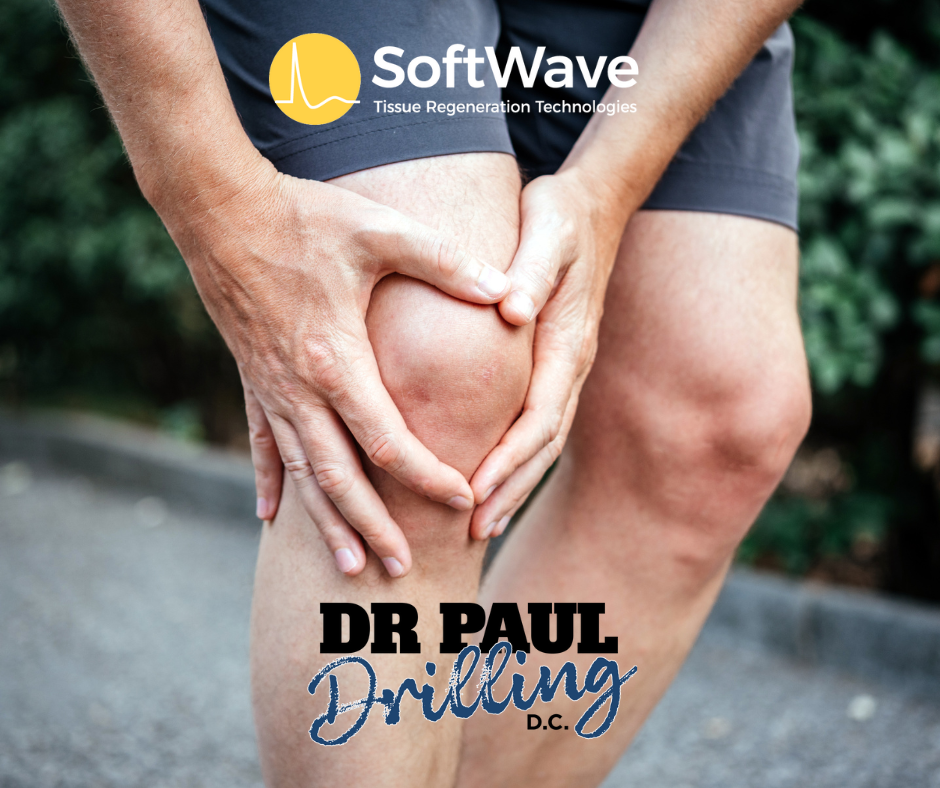
Meniscus tears are a common knee injury, especially among active individuals and athletes. While surgery is often recommended, there are natural, non-surgical options that can support healing and recovery.
SoftWave Tissue Regeneration Technology (TRT), offered by Dr. Paul Drilling, DC, provides a cutting-edge approach that promotes natural healing, reduces pain, and supports long-term knee health.
Understanding the Anatomy of the Knee and the Meniscus
The knee is a complex joint that connects the thigh bone (femur) to the shin bone (tibia). Within the knee are two wedge-shaped pieces of cartilage called the menisci (singular: meniscus), located between the femur and tibia. These menisci act as shock absorbers, stabilizing the knee and allowing smooth movement by distributing weight across the joint. There are two menisci in each knee:
- Medial Meniscus: Located on the inner side of the knee.
- Lateral Meniscus: Found on the outer side of the knee.
The meniscus is composed of tough, rubbery cartilage that protects the joint from stress. However, because it has limited blood flow, especially toward the center, it can be challenging to heal naturally if torn.
Causes of Meniscus Tears
A meniscus tear typically occurs due to sudden twisting or over-rotation of the knee. Common causes include:
- Sports Injuries: High-impact sports, like football, basketball, and soccer, involve sudden changes in direction that can lead to meniscus tears.
- Aging and Degeneration: Over time, the meniscus weakens and becomes more susceptible to tears, even from low-impact activities.
- Physical Strain or Lifting: Repetitive kneeling, squatting, or heavy lifting can strain the meniscus.
- Trauma or Injury: Accidents, falls, or sudden impacts can cause a meniscus tear, especially in those with already weakened cartilage.
Understanding the underlying cause of a meniscus tear is crucial for tailoring an effective, non-surgical approach to healing.
Symptoms of a Meniscus Tear
The symptoms of a meniscus tear vary depending on the severity and location of the tear. Common symptoms include:
- Pain: Pain on the inside or outside of the knee, often exacerbated by twisting or rotating the knee.
- Swelling and Stiffness: The knee may swell shortly after the injury, and stiffness can make bending or straightening the leg difficult.
- Locking or Catching Sensation: Many people feel as though their knee is getting “stuck” or locking when they try to move it.
- Difficulty with Range of Motion: A meniscus tear can make it hard to fully extend or flex the knee.
- Instability: The knee may feel unstable, leading to a sensation of “giving way.”
If left untreated, a meniscus tear can worsen over time, increasing the risk of chronic pain, further degeneration, and arthritis in the knee joint.
Natural Healing for Meniscus Tears with SoftWave Therapy
For those seeking non-surgical treatment for meniscus tears, SoftWave Therapy offers a powerful, natural option. SoftWave Therapy uses supersonic acoustic waves that penetrate deep into the tissues, stimulating biological responses that promote healing, reduce inflammation, and support tissue regeneration.
How SoftWave Therapy Works to Heal Meniscus Tears
SoftWave Therapy initiates a healing response at the cellular level, activating resident stem cells and growth factors that help repair and regenerate damaged tissue. Key benefits of SoftWave Therapy for meniscus tears include:
- Reduced Inflammation: SoftWave Therapy decreases inflammation around the meniscus, alleviating pain and allowing greater range of motion.
- Stimulation of Tissue Repair: By activating stem cells, SoftWave Therapy promotes the repair of damaged cartilage, helping the meniscus heal naturally.
- Improved Blood Flow: SoftWave Therapy promotes angiogenesis (formation of new blood vessels), which improves nutrient and oxygen delivery to the meniscus, especially in the areas with limited blood supply.
- Enhanced Mobility and Function: By decreasing pain and inflammation, SoftWave Therapy helps patients regain knee mobility, strength, and stability.
Why SoftWave Therapy is a Preferred Choice Over Surgery
While surgery is often recommended for meniscus tears, it’s invasive and may not always be necessary, especially for mild to moderate tears. For patients who prefer a conservative approach, SoftWave Therapy provides a viable alternative with many advantages:
- Non-Surgical and Drug-Free: SoftWave Therapy is a non-invasive treatment that does not require incisions, anesthesia, or medications.
- No Downtime: Unlike surgery, which requires a significant recovery period, SoftWave Therapy has minimal to no downtime, allowing patients to maintain their daily activities.
- Promotes True Healing: SoftWave Therapy addresses the root of the problem by promoting cellular repair and regeneration, rather than merely masking symptoms.
- Avoids Surgical Risks: Surgery carries risks like infection, blood clots, and post-operative complications. SoftWave Therapy avoids these risks while still supporting natural healing.
The Science of SoftWave Therapy for Meniscus Healing
SoftWave Therapy works by triggering a series of biological responses within the knee, creating an ideal environment for healing. Here’s how it supports natural recovery:
- VEGF (Vascular Endothelial Growth Factor): VEGF promotes blood vessel formation, enhancing blood flow to the meniscus and delivering nutrients essential for healing.
- BMP (Bone Morphogenetic Proteins): BMP supports cartilage repair and tissue regeneration, helping restore the structure and function of the meniscus.
- PCNA (Proliferating Cell Nuclear Antigen): PCNA aids in cellular repair and regeneration, strengthening the meniscus tissue over time.
- eNOS (Endothelial Nitric Oxide Synthase): eNOS increases blood flow, reduces inflammation, and speeds up the body’s natural healing response.
- Stem Cell Activation: SoftWave Therapy activates resident stem cells in the knee, promoting long-term regeneration and recovery.
These processes make SoftWave Therapy an effective option for treating meniscus tears without the need for surgery or medications, providing relief that lasts well beyond the initial sessions.
Improved Quality of Life with SoftWave Therapy
By choosing SoftWave Therapy for a meniscus tear, patients often experience a remarkable improvement in their quality of life. Many of Dr. Paul Drilling’s patients report benefits such as:
- Improved Walking and Stability: Enhanced joint function makes walking more comfortable and reduces the risk of knee instability.
- Ease with Everyday Activities: Patients find it easier to perform daily tasks, like going up and down stairs, bending, and lifting.
- Returning to Exercise: With reduced pain and inflammation, patients can resume low-impact exercises that support joint health.
- Better Sleep: Reduced knee pain often leads to improved sleep quality, which further supports healing.
- Less Dependence on Medications: SoftWave Therapy provides relief without the need for pain medications, injections, or steroids.
SoftWave Therapy helps knee pain sufferers regain the confidence to engage in activities they love without fear of pain or re-injury.
Dr. Paul Drilling: Helping Patients Heal Naturally from Meniscus Tears
Dr. Paul Drilling, DC, is dedicated to helping patients achieve natural healing for meniscus tears without surgery. With SoftWave Therapy, Dr. Paul provides a gentle, effective approach to knee health, giving patients the chance to heal and recover naturally.
Ready to Start Your Healing Journey?
Request an appointment today at www.softwaveeastcobb.com/contact or call our office at 404-775-3988 to learn how SoftWave Therapy can help you find relief and restore knee function.
Office Address: Dr. Paul Drilling, DC
1000 Johnson Ferry Road, Suite D-100
Marietta, GA 30068
‹ Back



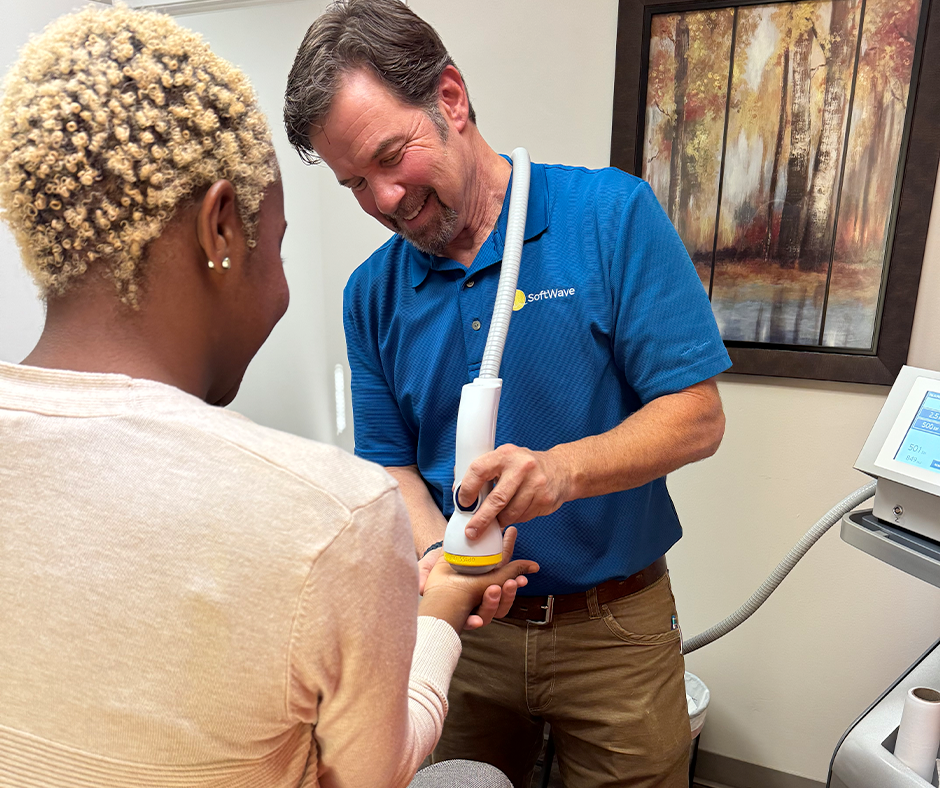
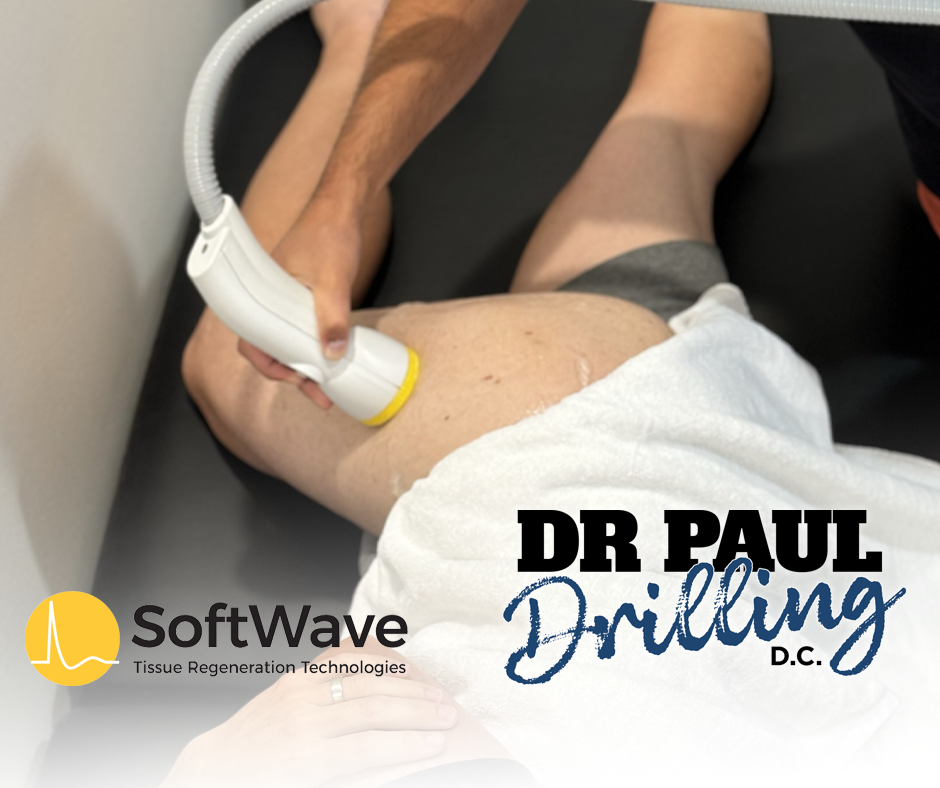
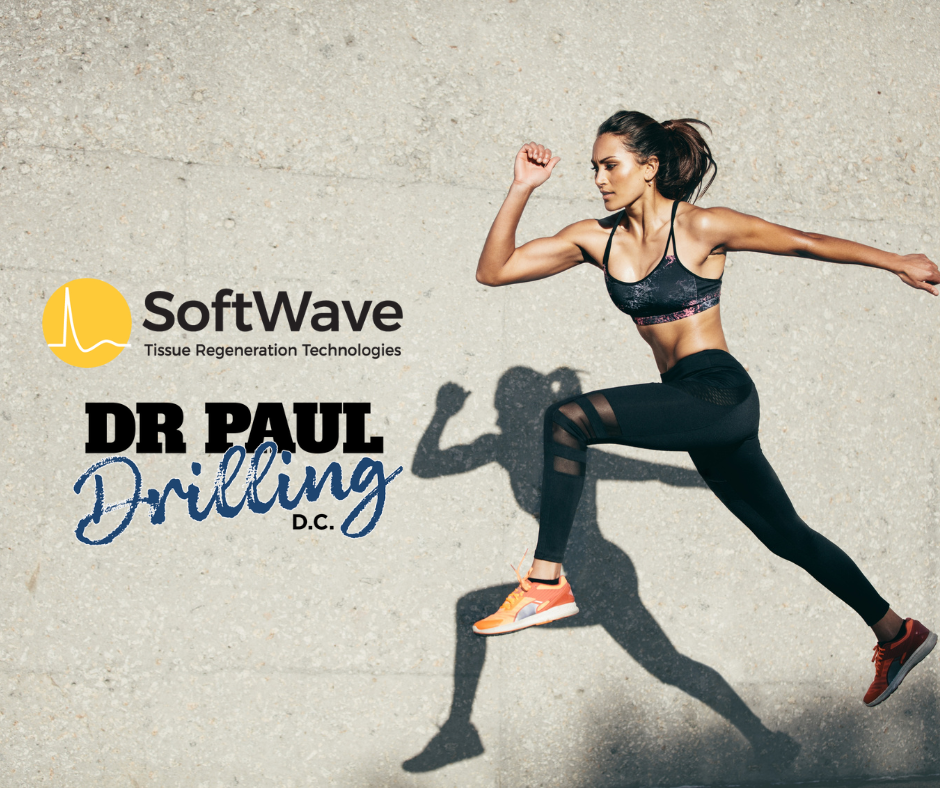
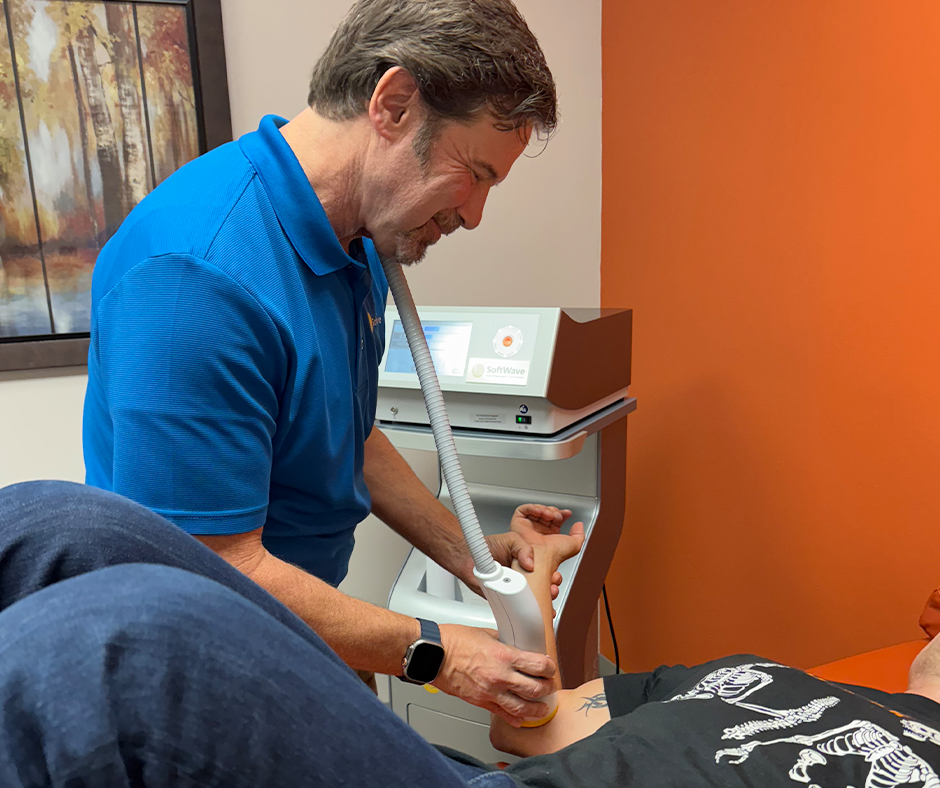
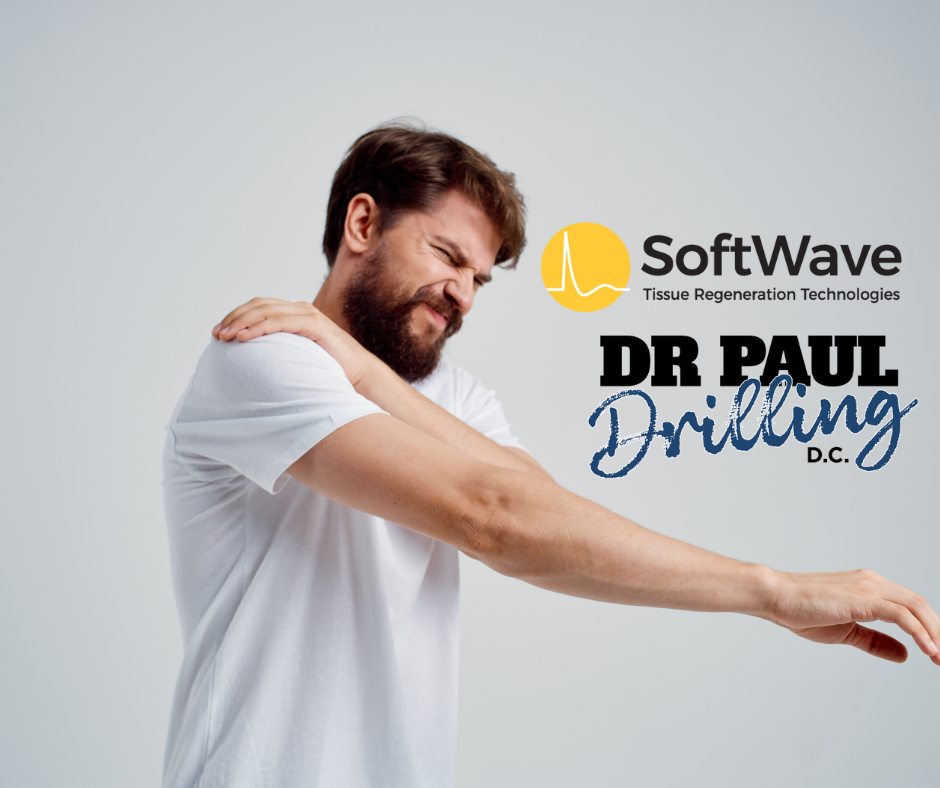

 1000 Johnson Ferry Road
1000 Johnson Ferry Road 